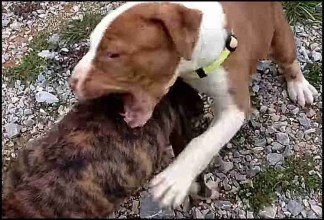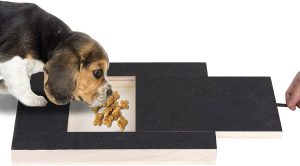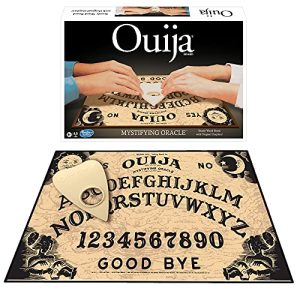Curiosity may sometimes lead us down unusual paths, but when it comes to the well-being of our beloved furry friends, it’s crucial to tread carefully. The notion of feeding your dog gunpowder might raise more than a few eyebrows, and rightly so. In this article, we’ll explore the potential effects that gunpowder can have on our canine companions, shedding light on whether it poses any harm or if it’s just another misconception. So, let’s put our detective hats on and uncover the truth behind this intriguing question – can feeding your dog gunpowder cause harm?
Can Feeding Your Dog Gunpowder Cause Harm?
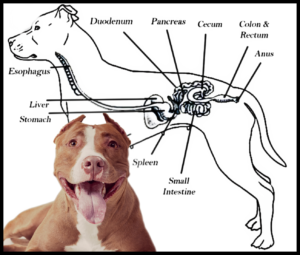
What is gunpowder?
Gunpowder, also known as black powder, is a chemical explosive typically composed of sulfur, charcoal, and potassium nitrate (saltpeter). It has been utilized for various purposes throughout history, from military weaponry to fireworks.
Why would someone feed their dog gunpowder?
It is essential to clarify that feeding a dog gunpowder is not a responsible or safe decision. However, some individuals might mistakenly believe in the myth that gunpowder can be beneficial for their furry companions. This misguided belief may arise from a misconception that gunpowder has medicinal properties, particularly in traditional and alternative medicine practices.
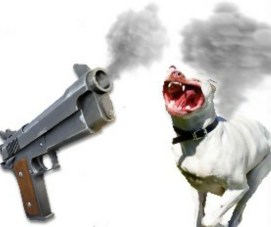
The dangers of feeding a dog gunpowder
Feeding your dog gunpowder can have severe consequences for their health and well-being. It is crucial to understand the potential dangers associated with this hazardous practice, which can lead to an array of detrimental effects on your furry friend’s body.
Vomiting and diarrhea
One of the immediate and noticeable effects of feeding a dog gunpowder is the onset of vomiting and diarrhea. The ingestion of this highly abrasive and toxic substance can cause irritation and inflammation of the gastrointestinal tract, leading to these uncomfortable and distressing symptoms. Not only can this be incredibly uncomfortable for the dog, but it can also lead to dehydration and malnutrition if not addressed promptly.
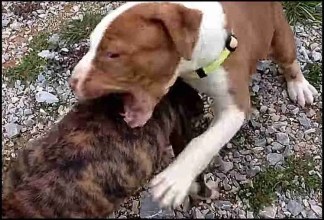
Toxicity and poisoning
Gunpowder contains toxic chemicals, such as sulfur and nitrate compounds, which can be harmful to dogs when ingested. These substances can cause toxicity and poisoning symptoms ranging from mild to severe, depending on the quantity ingested and the dog’s size and overall health. Symptoms of poisoning may include lethargy, weakness, tremors, seizures, and even organ damage.
Internal injuries and damages
The abrasive nature of gunpowder can cause internal injuries and damages to a dog’s delicate digestive system. The chemical components of gunpowder can lead to irritation, inflammation, and ulceration of the gastrointestinal lining. Additionally, sharp particles within the gunpowder can cause physical damages to the esophagus, stomach, and intestines, potentially requiring surgical intervention.
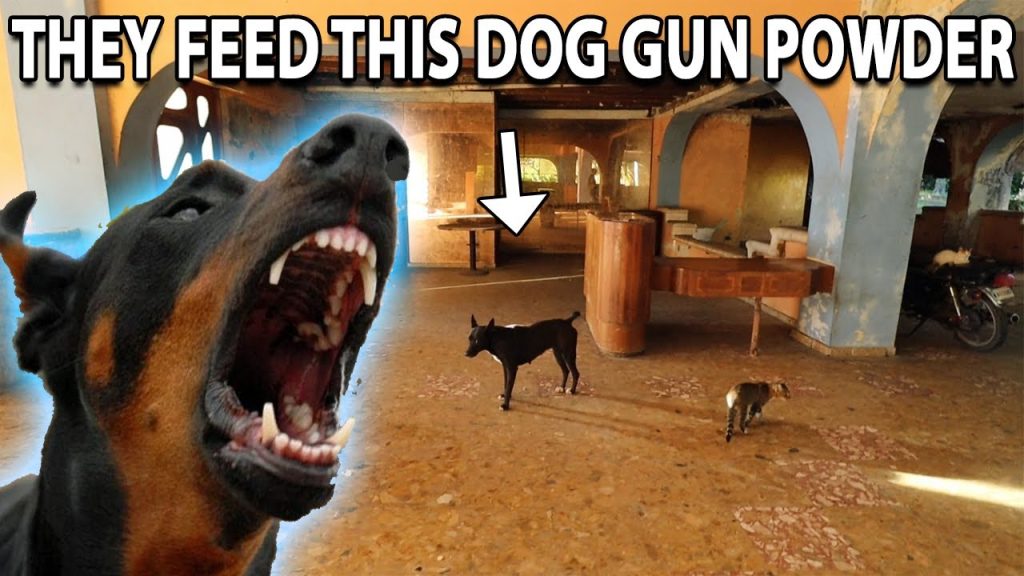
Respiratory problems
Inhaling gunpowder can be equally dangerous for dogs. The fine particles of this explosive substance can irritate the respiratory system, leading to coughing, wheezing, and difficulty breathing. Prolonged exposure to gunpowder dust can contribute to the development of chronic respiratory conditions and compromise the dog’s overall lung function.
Neurological issues
Gunpowder contains chemicals that have the potential to affect the nervous system of dogs. Ingesting or inhaling these components can lead to neurological issues, such as seizures, tremors, and altered mental state. These symptoms can be indicative of significant damage to the dog’s brain and require immediate medical attention.
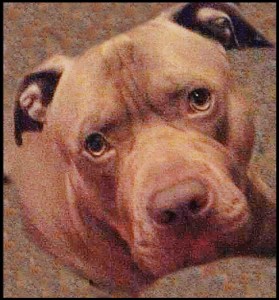
Digestive system complications
Feeding a dog gunpowder can disrupt the delicate balance of their digestive system. The introduction of foreign and toxic substances can disrupt the gut’s natural microbiota, leading to imbalances and dysregulation. This disruption can result in chronic digestive issues, including diarrhea, constipation, bloating, and abdominal pain.
Long-term effects and consequences
Feeding a dog gunpowder can have long-term effects and consequences on their overall health and well-being. The damage caused by the ingestion or inhalation of gunpowder can be severe and may require prolonged medical treatment. Additionally, the stress and discomfort experienced by the dog during this ordeal can have a lasting impact on their emotional state, potentially leading to anxiety or behavioral changes.
In conclusion, feeding your dog gunpowder is an unsafe and irresponsible decision that can have severe consequences for their health. The toxic and abrasive nature of gunpowder can cause a range of detrimental effects, including vomiting, diarrhea, toxicity, internal injuries, respiratory problems, neurological issues, digestive system complications, and long-term consequences. It is crucial to prioritize the well-being of your furry companion and consult with a veterinarian for appropriate and safe dietary choices. Remember, as a loving dog owner, you play a vital role in ensuring your dog’s health and happiness, so always make informed and responsible decisions.

